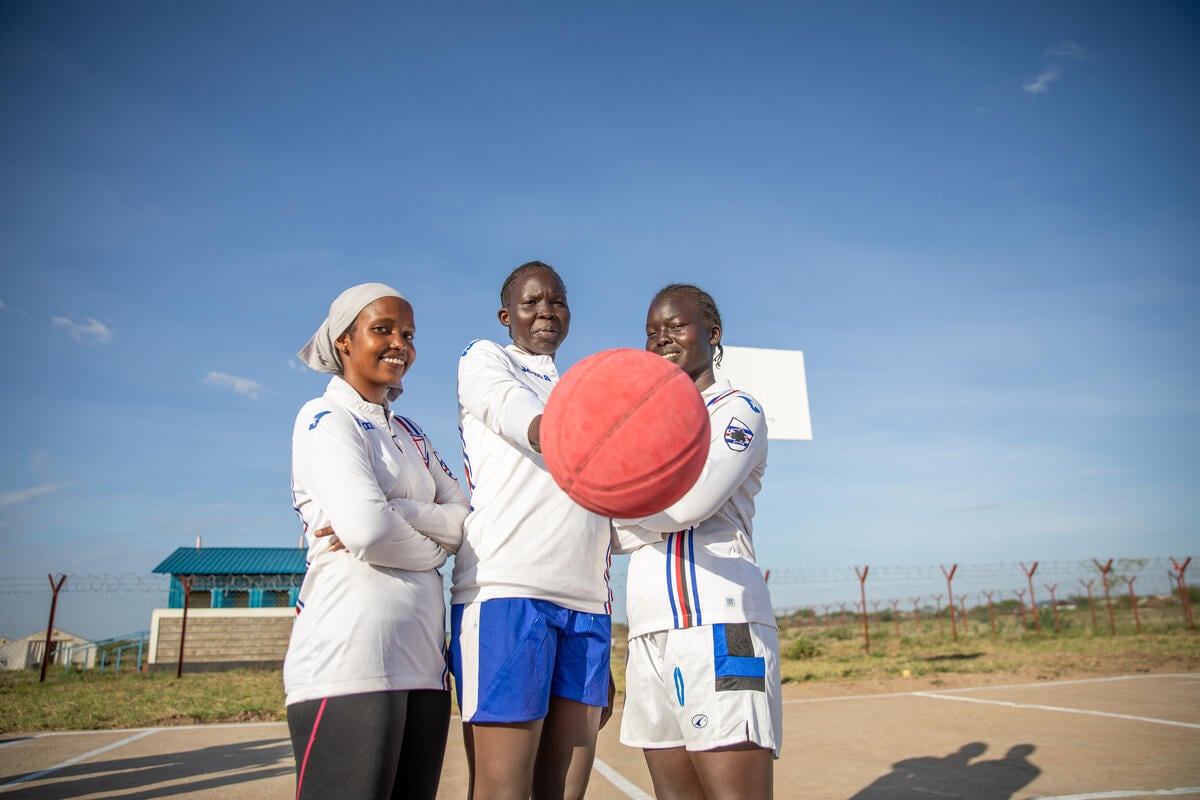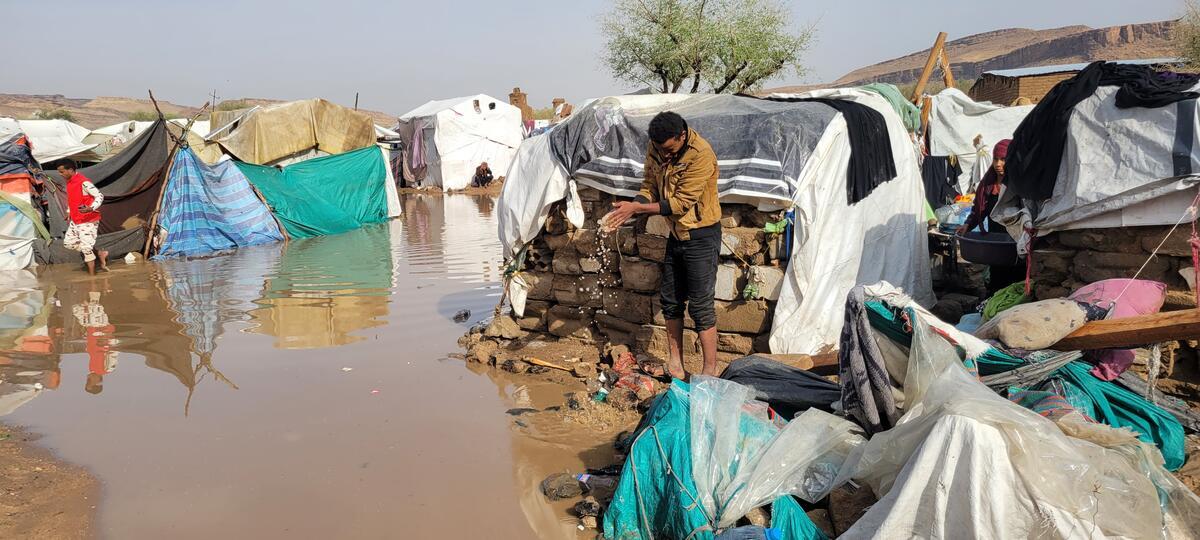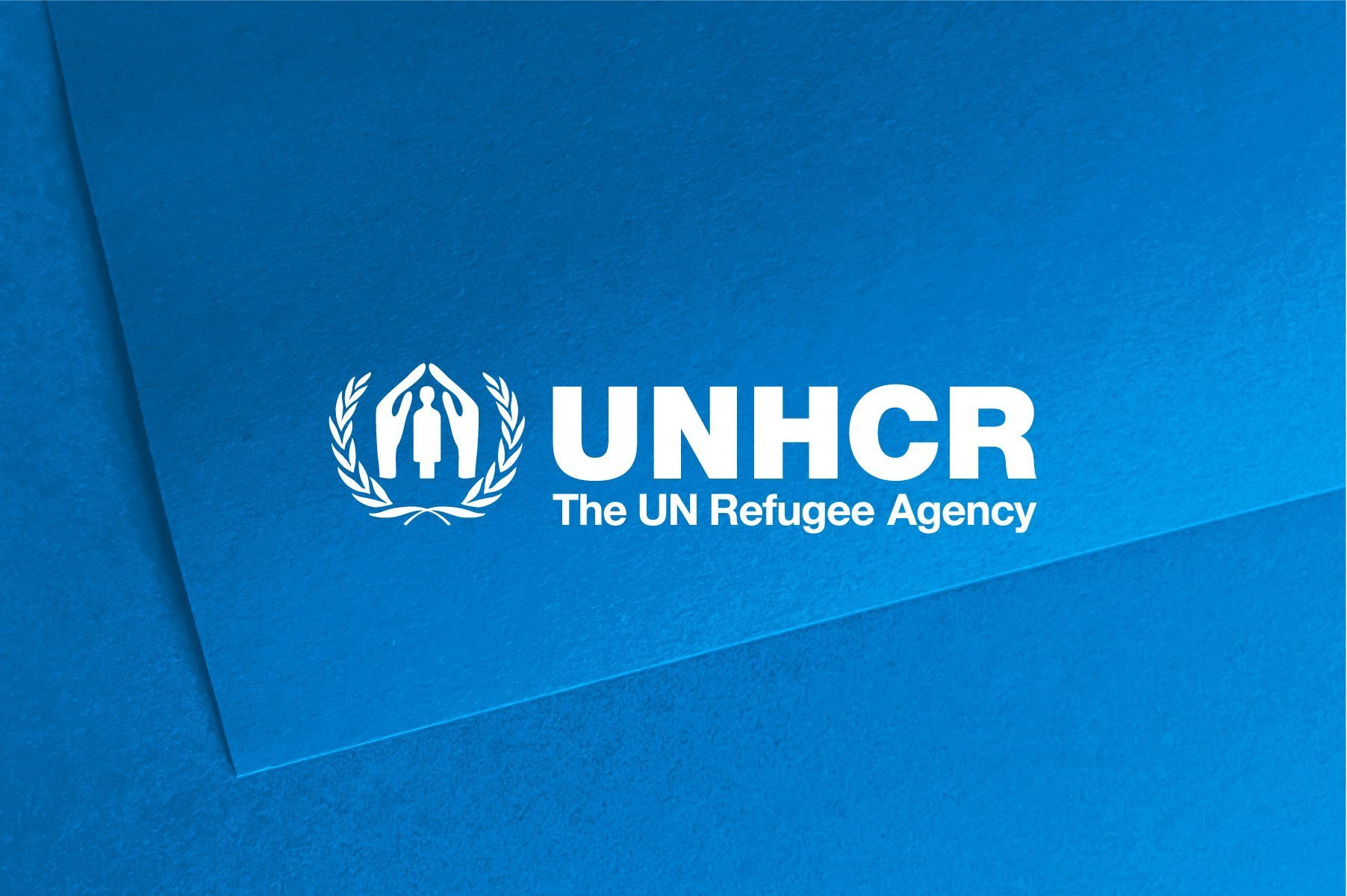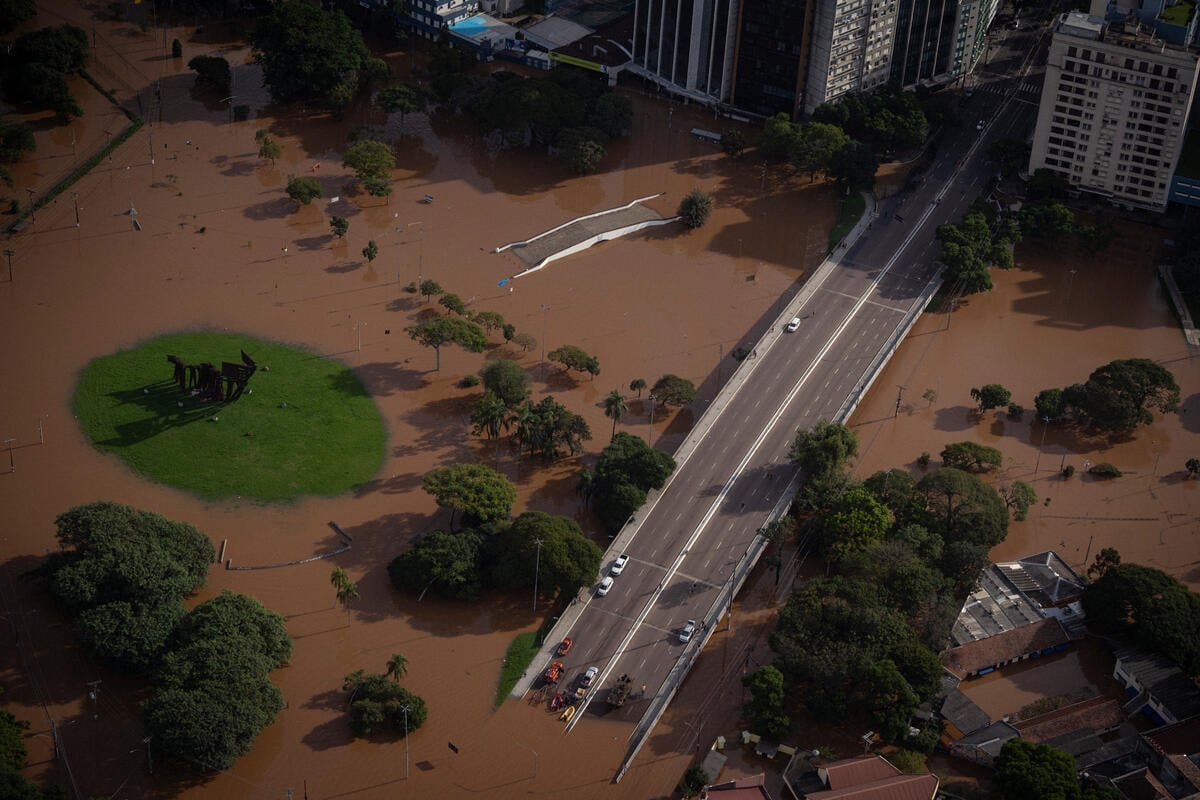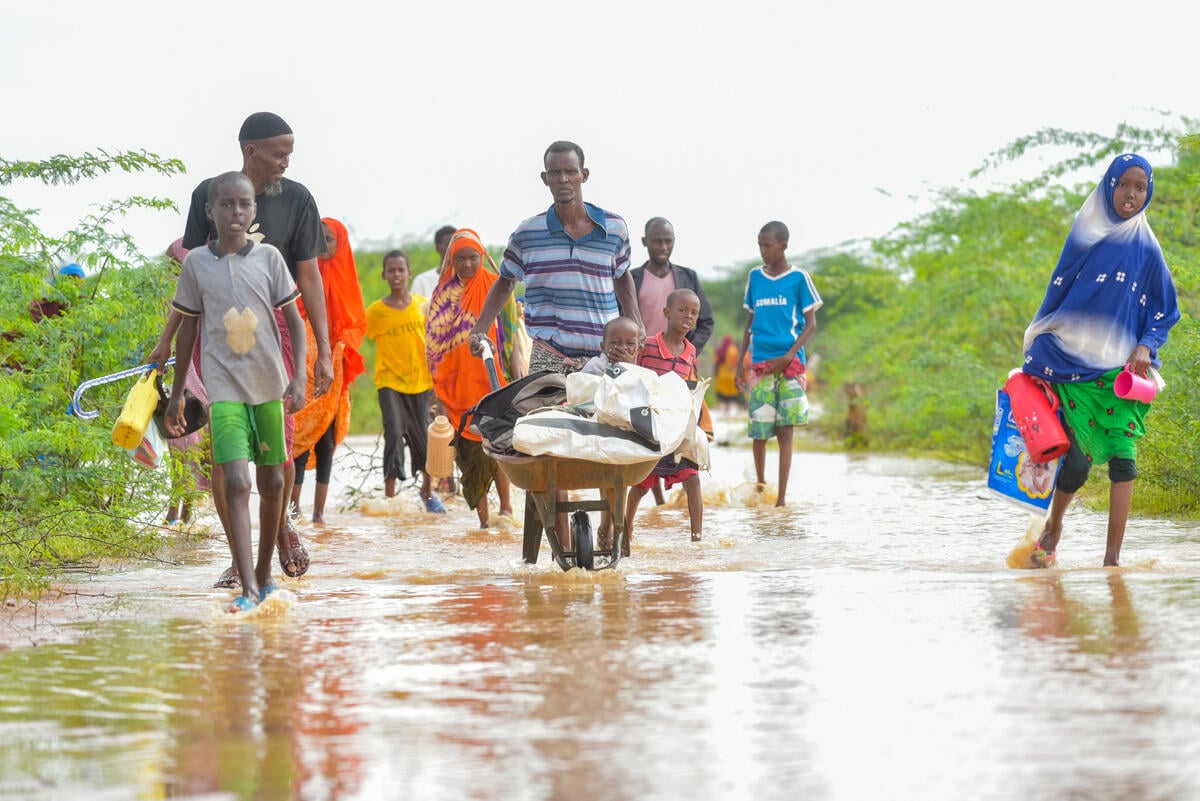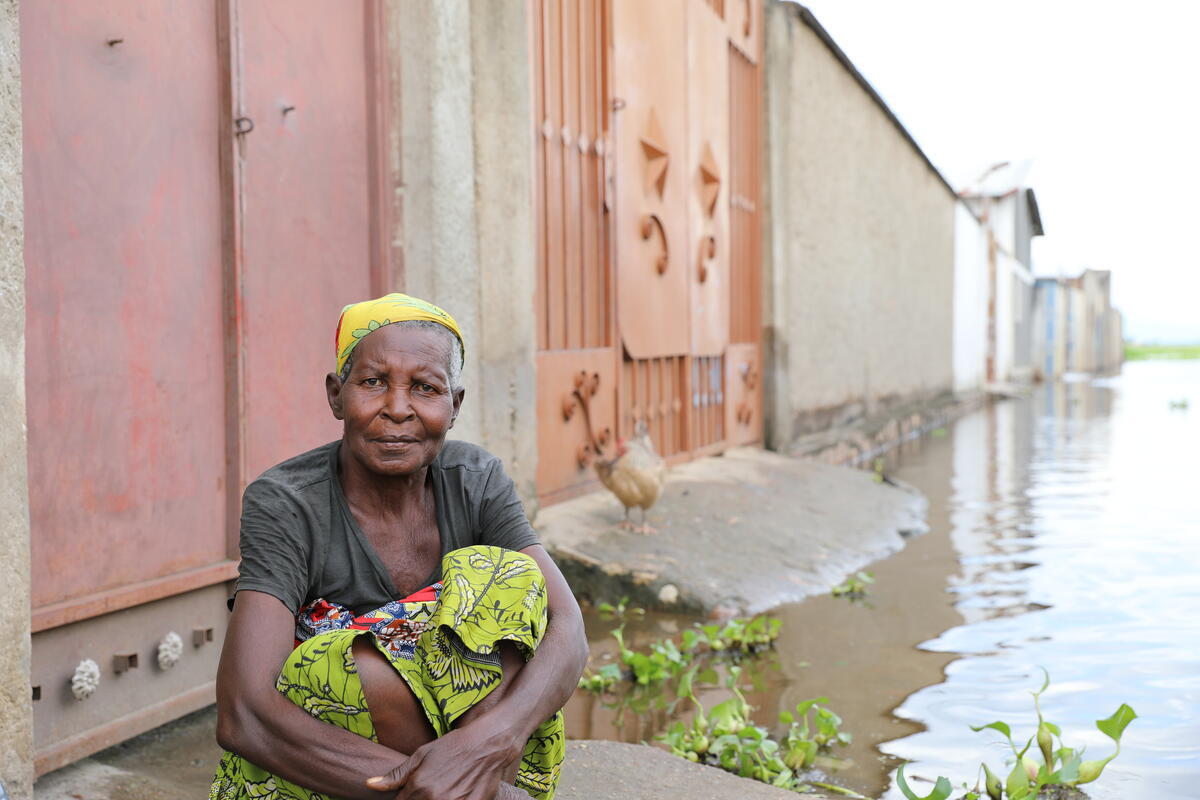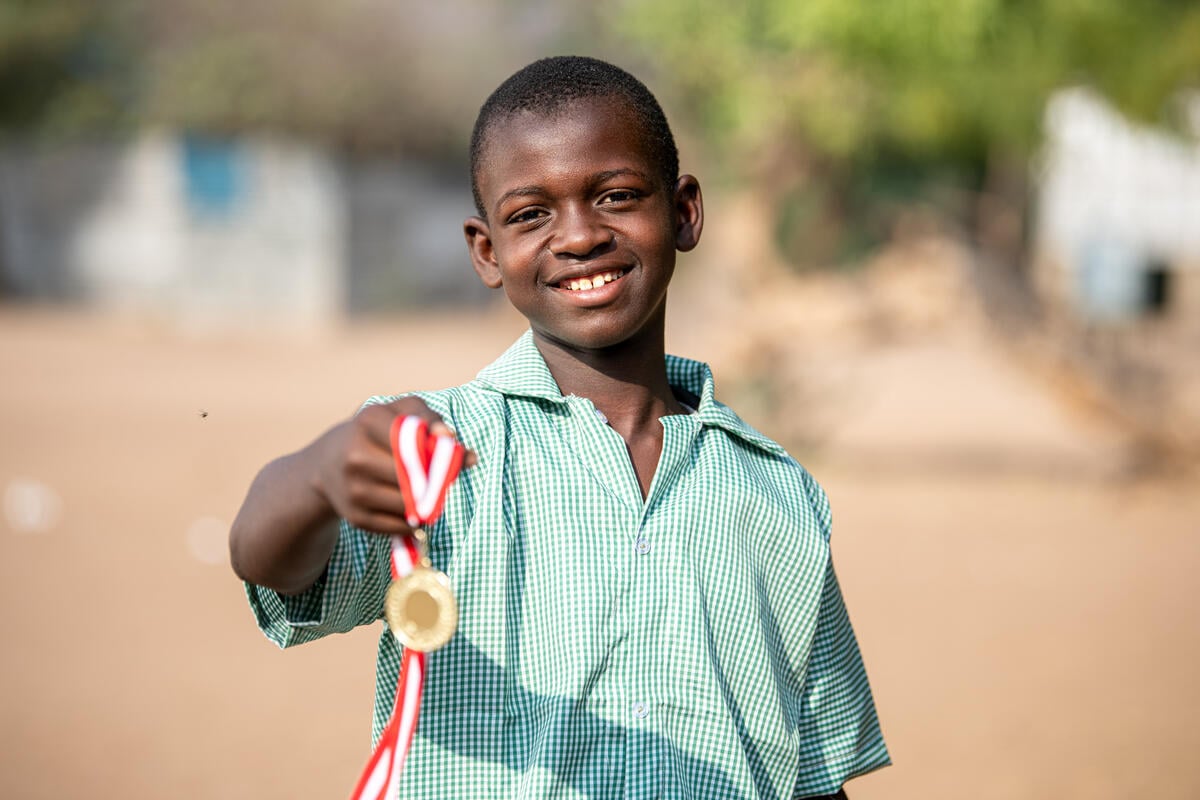More than 17,000 civilians flee fighting in Mogadishu since start of May
More than 17,000 civilians flee fighting in Mogadishu since start of May

GENEVA, May 28 (UNHCR) - Stepped-up fighting in the Somali capital of Mogadishu has displaced more than 17,000 people since the start of this month. The figure includes 14,300 forced to flee in the past two weeks alone, following renewed heavy fighting between Transitional Federal Government troops, supported by African Union peace-keepers, and armed opposition groups.
"We note with grave concern that the rates of casualties and displacement have increased over the past 14 days," UNHCR spokesman Andrej Mahecic told journalists in Geneva on Friday. "According to information we are seeing in field reports, at least 60 people have been killed and more than 50 wounded and injured in street clashes. An estimated 200,000 Somalis have been displaced since the beginning of the year," he added.
The majority of Somalis who were forced to flee from their homes in the past fortnight are displaced within the capital - an estimated 9,300 people. Mogadishu already shelters more than 350,000 internally displaced people.
Meanwhile, the number of displaced families living in Mogadishu in extreme conditions is increasing, according to reports from UNHCR's partners. Many families cannot afford transport to the makeshift camps west of Mogadishu in the Afgooye corridor, already hosting 366,000 internally displaced people.
The more fortunate families are being hosted by relatives or friends in relatively safer neighbourhoods of the capital. However, overcrowding means that, on average, three families have to share a single place of accommodation.
"According to our partners, many more families are on their own in the streets of Mogadishu, settling under a plastic sheet or whatever material they can find to build a roof. These are the most vulnerable," Mahecic said, noting that they were totally dependent on the scarce aid that humanitarian agencies manage to deliver and on meagre remittances from relatives abroad. "Hundreds of children are forced to beg in the streets of the capital and many women beg in the main markets," Mahecic added.
The refugee agency's partners in the Somali capital report that people are exhausted, tense and hungry, but they still constantly listen to the radio, hoping they will hear that the fighting has ended.
Somalia is one of the countries generating the highest number of forcefully displaced people in the world. An estimated 1.4 million Somalis are displaced within the country, while more than 580,000 live as refugees in neighbouring countries.
About 40 per cent of the Somali population lives below the extreme poverty line and one in seven Somali children die before the age of five.


